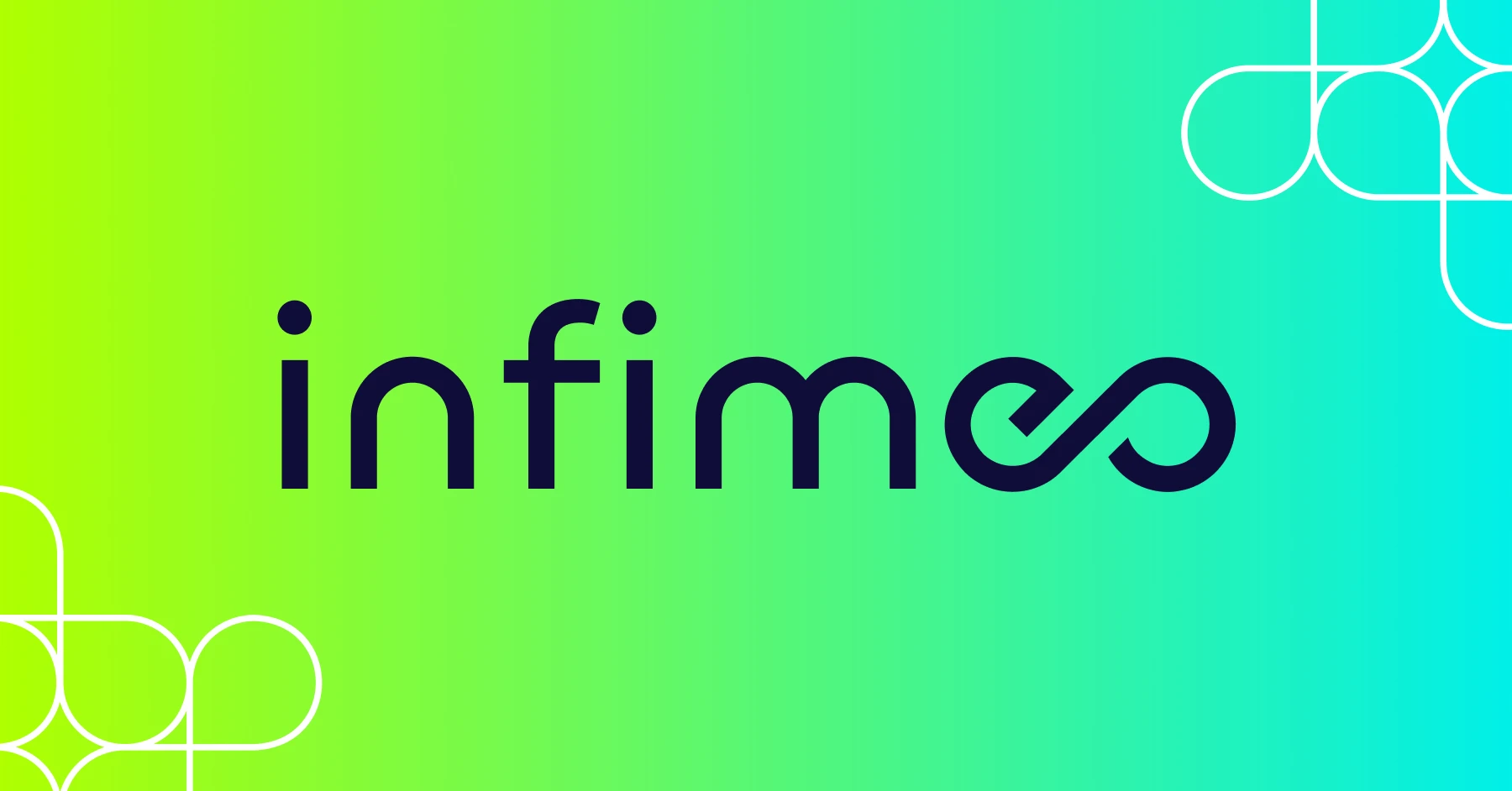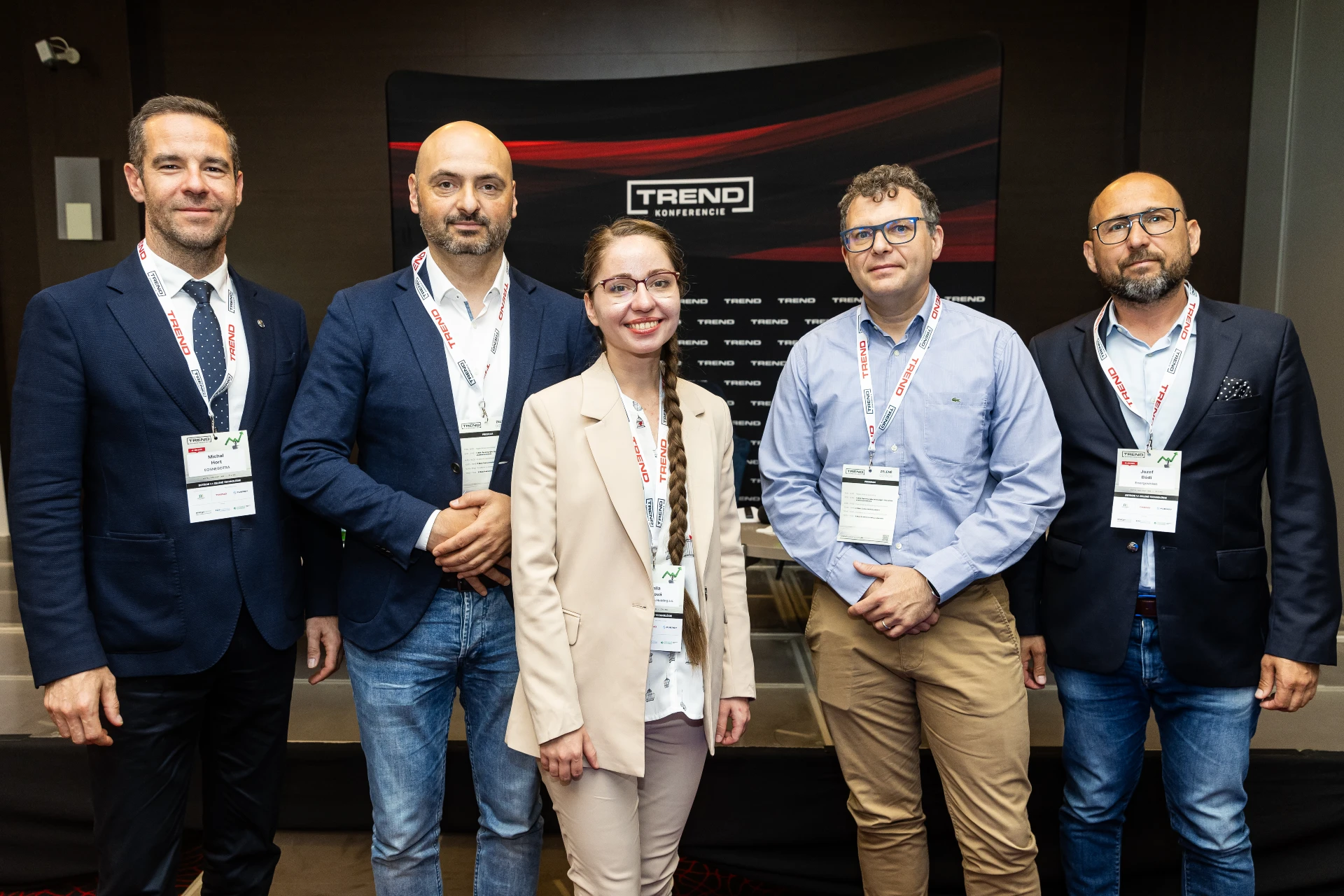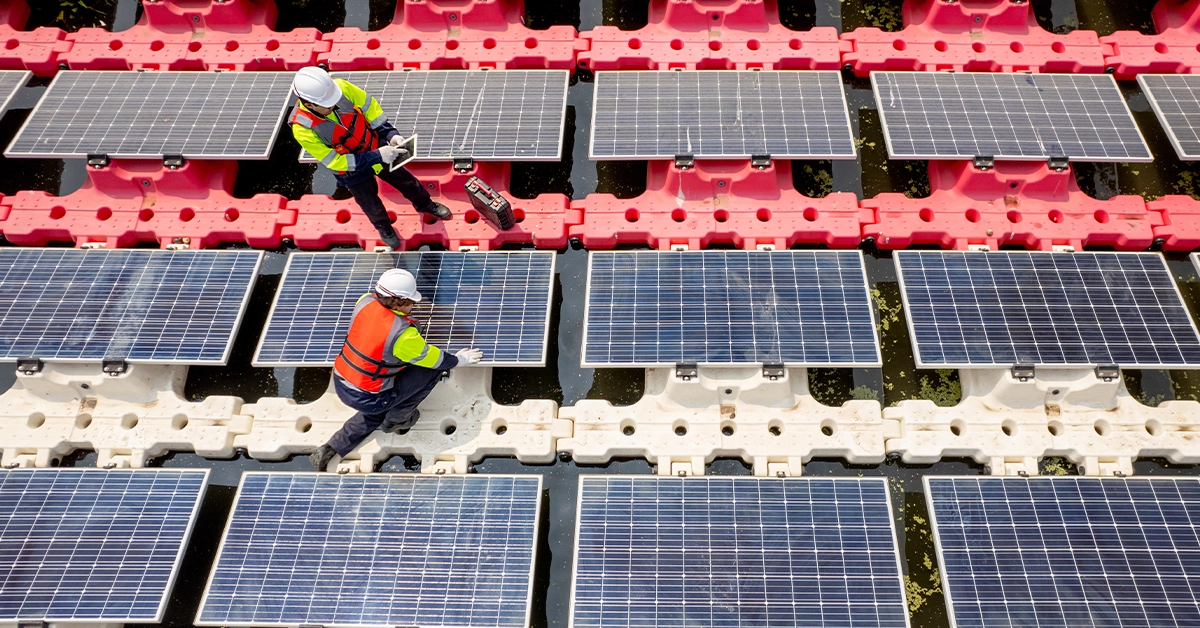
You might not realize it, but we are at the end of the era of traditional methods of electricity production and distribution. Large coal-fired power plants will soon be a thing of the past, and rooftops of residential homes and office buildings will be covered with solar panels. But why is this even happening?
The green energy boom is here
We made it! Renewables have finally become the cheapest energy source in multiple parts of the world. The latest report from the International Renewable Energy Agency (IRENA) showed this amazing news in May of this year. Renewable energy sources are now not only ecologically favorable but also an economically attractive alternative for energy production.
The fact that the era of fossil fuels has come to an end indicates also the report conducted by BloombergNEF (BNEF) – a research firm that monitors the transformation of the global energy industry. The report came up with predictions for the power generation mix, i.e. the share of each energy source in global energy consumption. According to BNEF, by 2050 almost 50% of the world’s electricity will be generated by wind and solar sources. For comparison, today those two sources produce around only 7%.
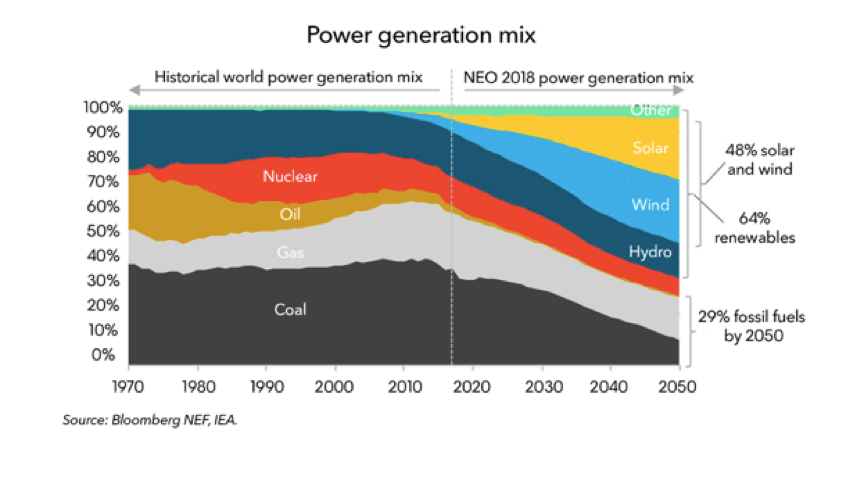
Prosumer in the spotlight
The role of consumer changes along with the increasing share of renewables. Lately, the term “prosumer” has been used to define a consumer who also produces energy.
A prosumer can be, for example, a household, which buys electricity from one of the energy providers and generates its own energy through solar panels on its house. In case the family doesn’t consume all of the generated energy, or it doesn’t need it at the specific time (e.g. family is on vacation), it can be sold or shared with other consumers. The household can be considered as a micro power plant that can quickly send energy to anyone who needs it – let’s say to a nearby school for example.
Sharing economy is not only for cars and accommodation
Do you remember the inception of the alternative taxi services? We’ve never had such an easy, fast, transparent and cheap way of city transport. Same as for transportation, the concept of a sharing economy can be applied also to the energy industry. The financial reward for energy sharing, especially green energy from solar panels, might be the long-awaited breaking point for the big renewable energy wave.
Based on the projections, energy sharing can also speed-up the payback period of renewables from today’s 10-15 years, to a remarkable 3 years. So the sooner we make the first step, the faster we can start enjoying the extra money.
Transition to decentralized energy production
Decentralized energy is around the corner. It means we’re soon going to shift from the centralized, big-volume energy production to producing smaller amounts of energy by numerous and interconnected micro power plants. These will communicate with each other and cover local energy needs. Such interconnection brings a wide range of advantages.
Not only will the production of green energy be more effective, allowing us to reach the full potential of renewable systems, but the power grid will also be more stable, reducing the risk of blackouts. On top of that, by shortening the distance between the points of production and consumption we can also significantly lower the energy lost in transmission, which reaches around 8% on average today.
Lower prices than ever before
Renewables’ biggest challenge remains the unpredictability of the weather. However, this problem could be compensated with the utilization of energy storage. Currently, the prices of batteries are hitting their historic low and according to BNEF, we can expect them to drop even further.
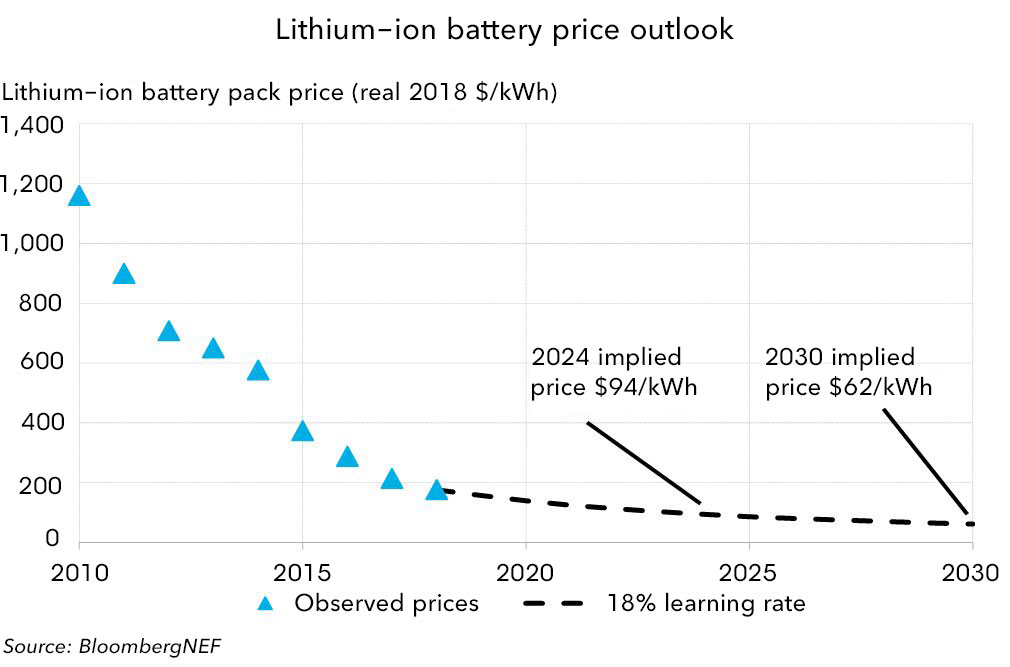
Solar panels are experiencing a similar evolution. We can see their prices continuously decreasing, whilst their efficiency improves significantly. Technological progress, in line with the favorable price development towards consumers' advantage, is a clear sign of a global energy transformation.
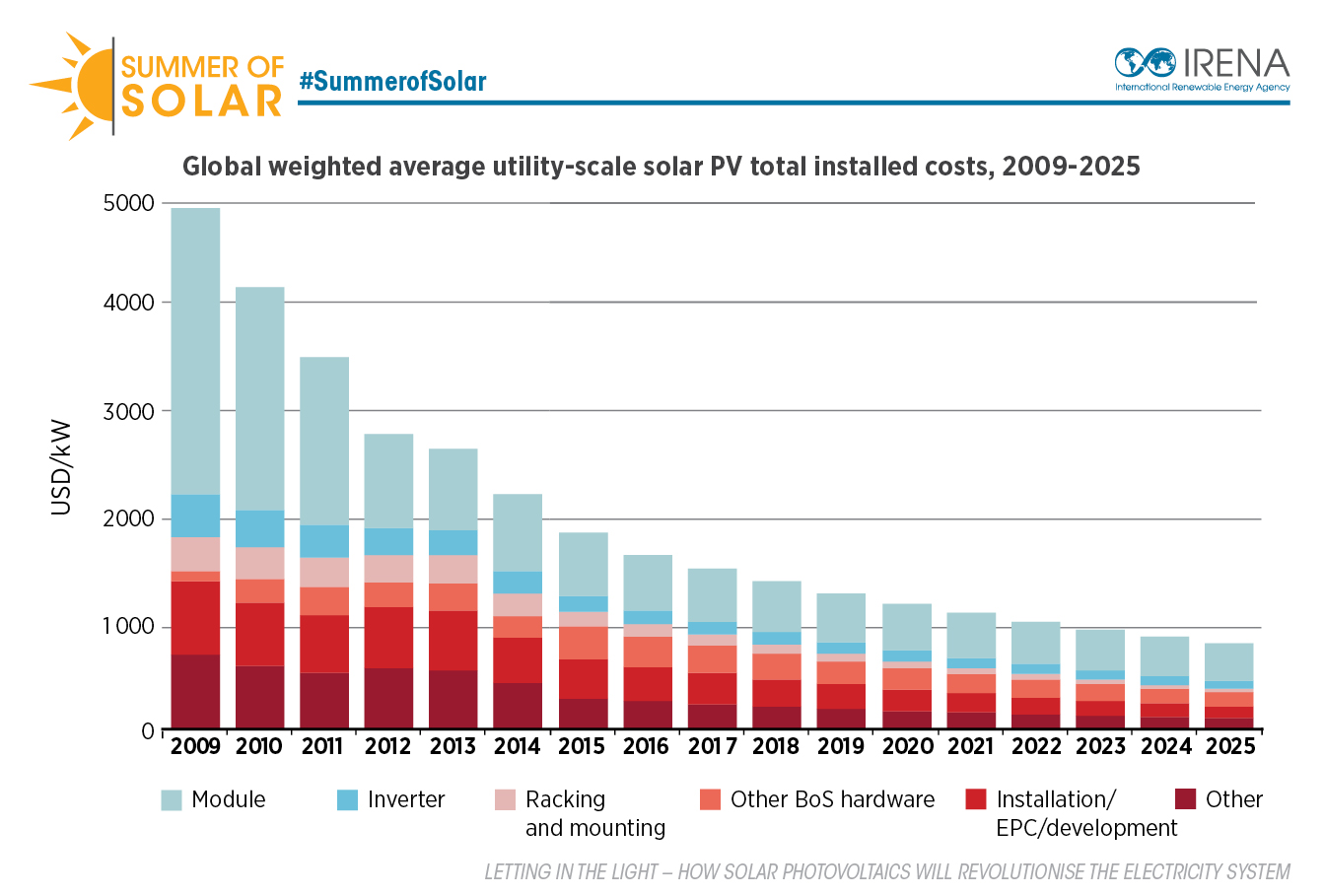
The need for smart solutions
Dropping prices of technologies certainly marks the boom for renewables, but we are still missing one important part – an interface. We need something that can efficiently manage all the energy sources. A system that can process all the information about delivery points, takes into account a wide range of predictions including weather forecast, and controls the power grid status as well as many other parameters.
At FUERGY, we have developed our own software called brAIn. What is more, the information from FUERGY Devices might also be very helpful to energy providers. They can use online data for creating more accurate forecasts, which will transmit into lower energy prices for their customers as well.
So, even though our dependence on fossil fuels can’t be eliminated from one day to another, it can be notably minimized. FUERGY opens the door to cheaper and greener energy for everyone.
Are you ready to be part of the renewable energy revolution and take your energy independence to the next level? Contact us today! Our experts are here to help you find a tailor-made solution to your needs.
New dimension of energy optimization

